How to Naturally Whiten Teeth at Home?
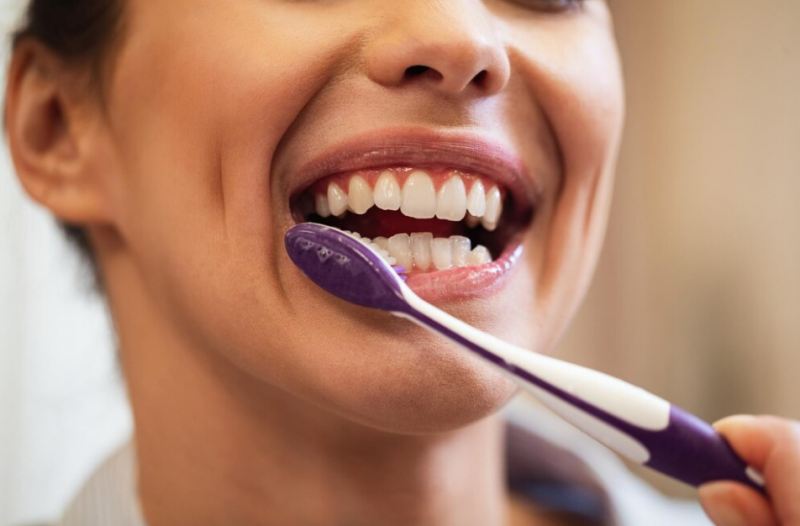
©️ Drazen Zigic / Freepik
A bright, white smile is more than just aesthetics; it can boost your confidence and make a positive first impression. However harsh chemical treatments can be expensive and irritate sensitive teeth. Luckily, there are plenty of natural ways to whiten your teeth at home and improve your oral hygiene at home!
How to Naturally Whiten Teeth at Home?
1. Brushing with Baking Soda
This common household item is a gentle abrasive that can effectively remove surface stains. To create a paste, mix a teaspoon of baking soda with a little water. Brush for one to two minutes, one to two times a week. Be gentle, as baking soda can be slightly abrasive.
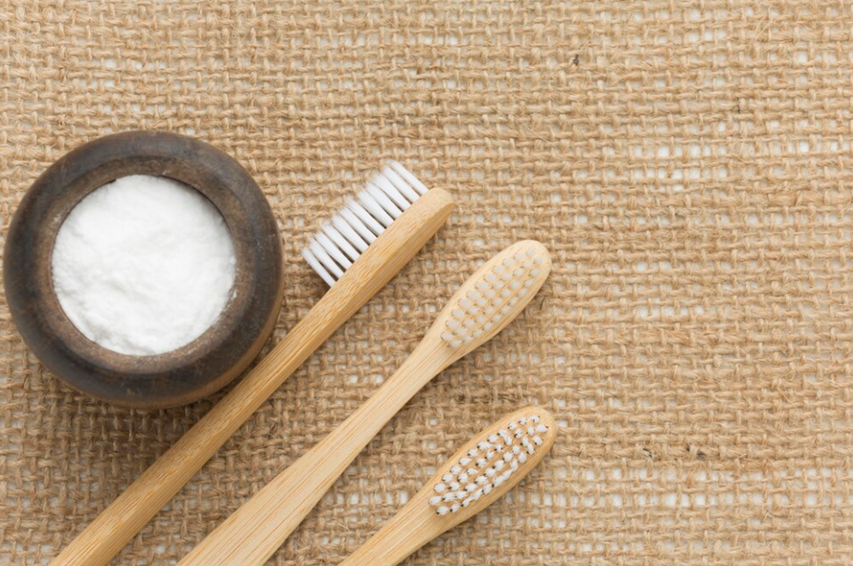
2. Strawberry Power
The malic acid in strawberries acts as a natural whitener. However, the sugar content can be counterproductive. Mash a few berries, spread them on your teeth for a few minutes, then brush thoroughly with regular toothpaste to remove any residual sugar.
3. Coconut Oil Pulling
Swishing with coconut oil for about 15 minutes is an ancient practice believed to remove plaque and bacteria, leading to a whiter smile. While research is ongoing, some people find it effective.

More DIY Teeth Whitening Tips
Brush After Staining Foods: Coffee, tea, red wine, and curry are notorious for staining teeth. Brushing right after consuming them can help minimize the effect.
Fruits and Veggies for the Win: Crunchy fruits and vegetables like apples, celery, and carrots act as natural toothbrushes, removing surface stains as you chew. They also stimulate saliva production, which helps wash away bacteria.
Apple Cider Vinegar Rinse (Use with Caution): Dilute a teaspoon of apple cider vinegar with water and swish for a short time. The acidic nature can help whiten teeth, but be careful not to overdo it, as it can erode enamel. Consider using this method only once or twice a week.
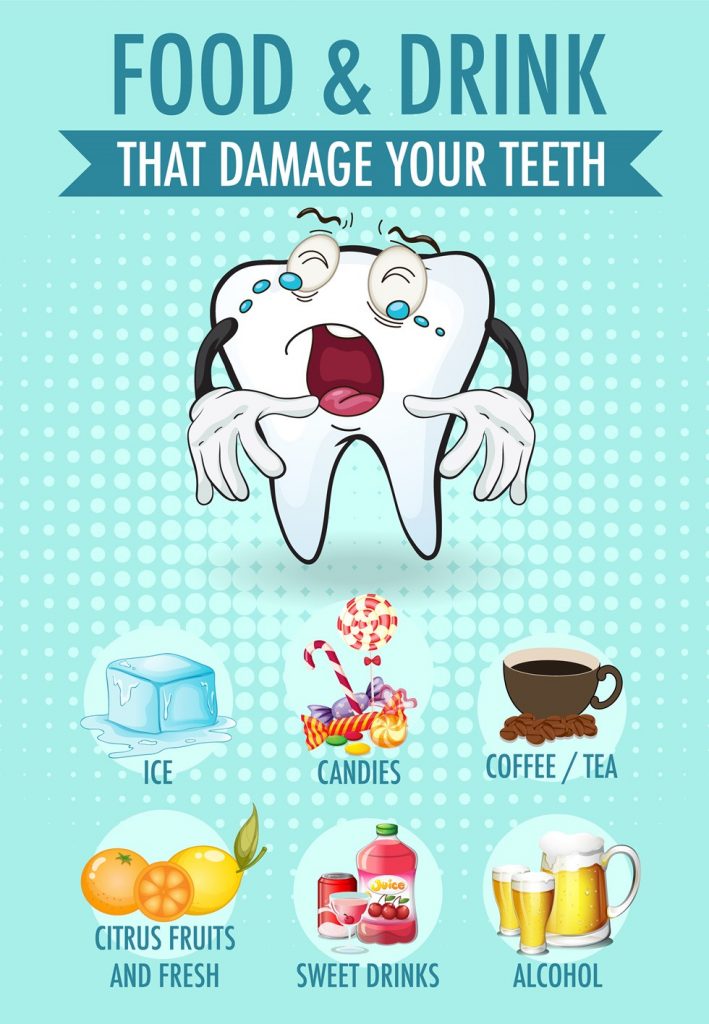
Maintaining Oral Hygiene for a Whiter Smile
Regular Brushing and Flossing
This is the cornerstone of good oral hygiene. Brushing twice a day and flossing once a day removes plaque and bacteria that can stain teeth and contribute to gum disease. This is a most in ‘how to naturally whiten teeth at home’ list of tips and tricks.
Don’t Skip the Dentist
Regular dental checkups and cleanings can remove deep stains, identify potential problems early on, and ensure your overall oral health.
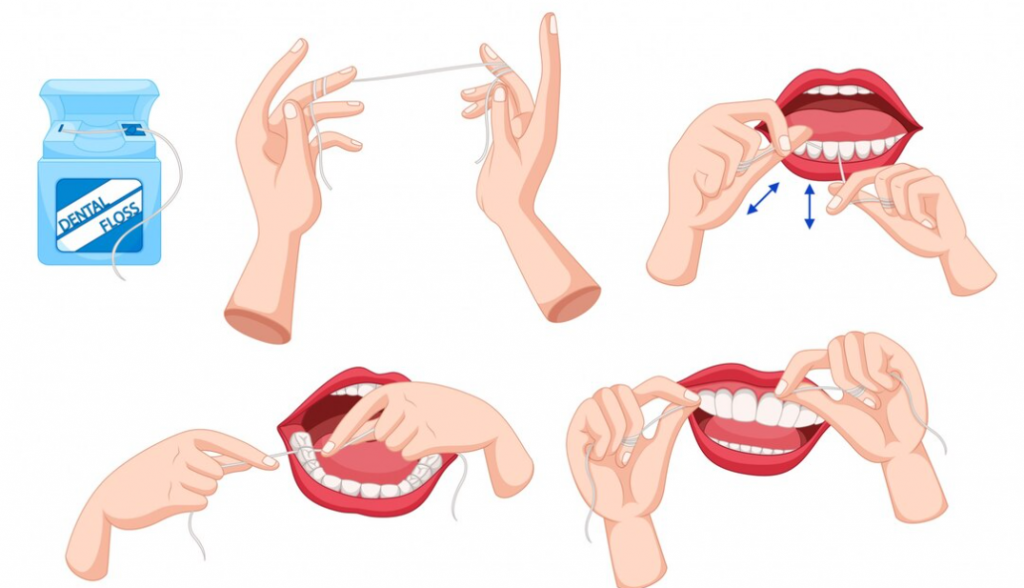
Natural Toothpaste Options:
- Look for toothpaste with baking soda or peroxide for gentle whitening. These ingredients are included in many commercial toothpastes for a reason!
- Consider using natural toothpaste with ingredients like aloe vera or neem for a refreshing clean and potential anti-inflammatory benefits.
Remember: While natural methods can brighten your smile, they may not achieve the dramatic results of professional treatments. Always consult your dentist before starting any new whitening routine, especially if you have sensitive teeth.
By incorporating these natural whitening tips and maintaining good oral hygiene, you can achieve a healthy, beautiful smile that shines with confidence!
The Smile-Body-Mind Connection: Why Oral Hygiene Matters More Than You Think
You might brush your teeth because you want a bright, white smile, but good oral hygiene goes way beyond aesthetics. It’s a crucial part of maintaining overall health, impacting both your physical well-being and your mental and brain health.
Oral Health and Physical Health
Infection Fighters
Your mouth is teeming with bacteria, both good and bad. Poor oral hygiene allows bad bacteria to flourish, leading to gum disease and inflammation. This chronic inflammation can increase your risk of developing other health problems, including heart disease, stroke, and even diabetes.
Nutrient Absorption
Healthy teeth and gums are essential for proper chewing and digestion. When your mouth is healthy, you can absorb nutrients more efficiently from your food, contributing to overall health.
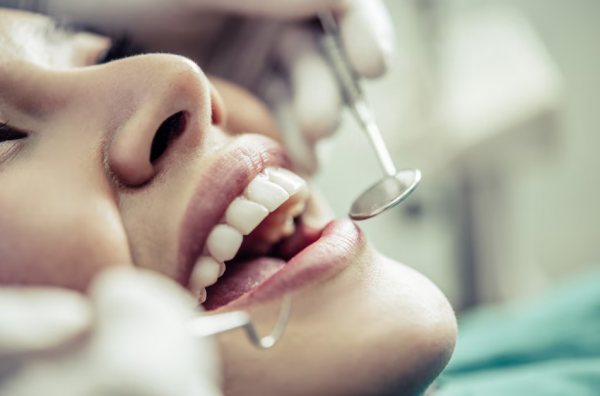
Oral Health and Mental/Brain Health
Confidence Booster
A healthy smile can boost your confidence and self-esteem. Conversely, pain, bad breath, or missing teeth due to poor oral health can lead to social anxiety and withdrawal.
Mental Health Connection
Research suggests a two-way street between oral health and mental health. People with depression or anxiety are more likely to neglect oral hygiene, and vice versa. Chronic inflammation in the mouth may also contribute to the development of depression.
Brain Health
Emerging evidence suggests a link between poor oral health and an increased risk of dementia and Alzheimer’s disease. While the exact connection is still being studied, it’s believed that chronic inflammation in the mouth may play a role.
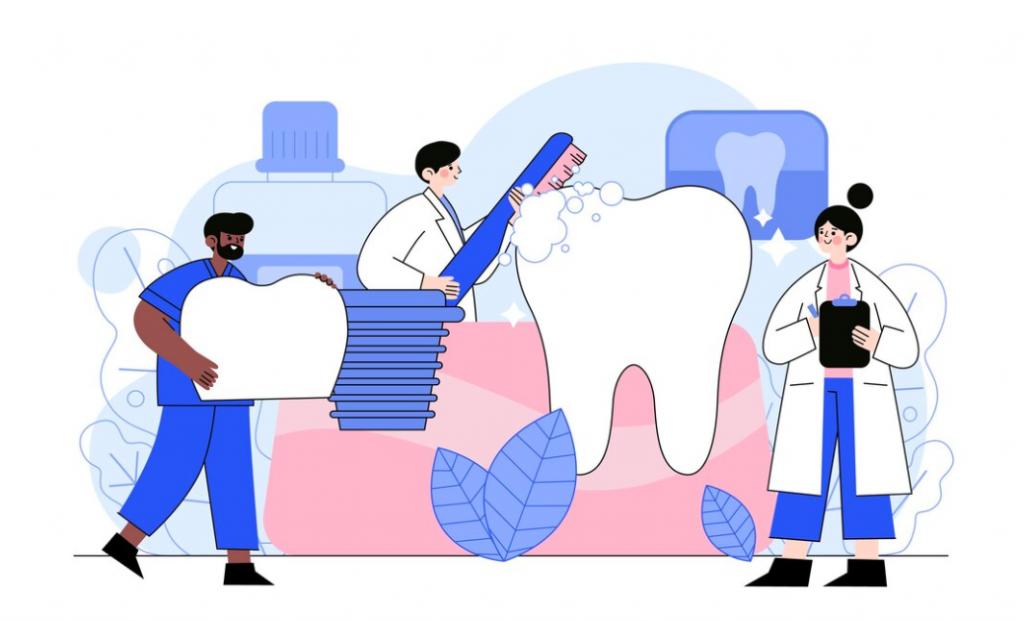
Taking care of your oral health is an investment in your overall well-being. By practicing good oral hygiene habits like brushing twice daily, flossing regularly, and visiting the dentist for checkups and cleanings, you can keep your smile bright, your body healthy, and your mind sharp.
Do you have any extra tips to share with us? Tell us in the comments.
You may also like: Surprising Habits That Are Making You Tired


